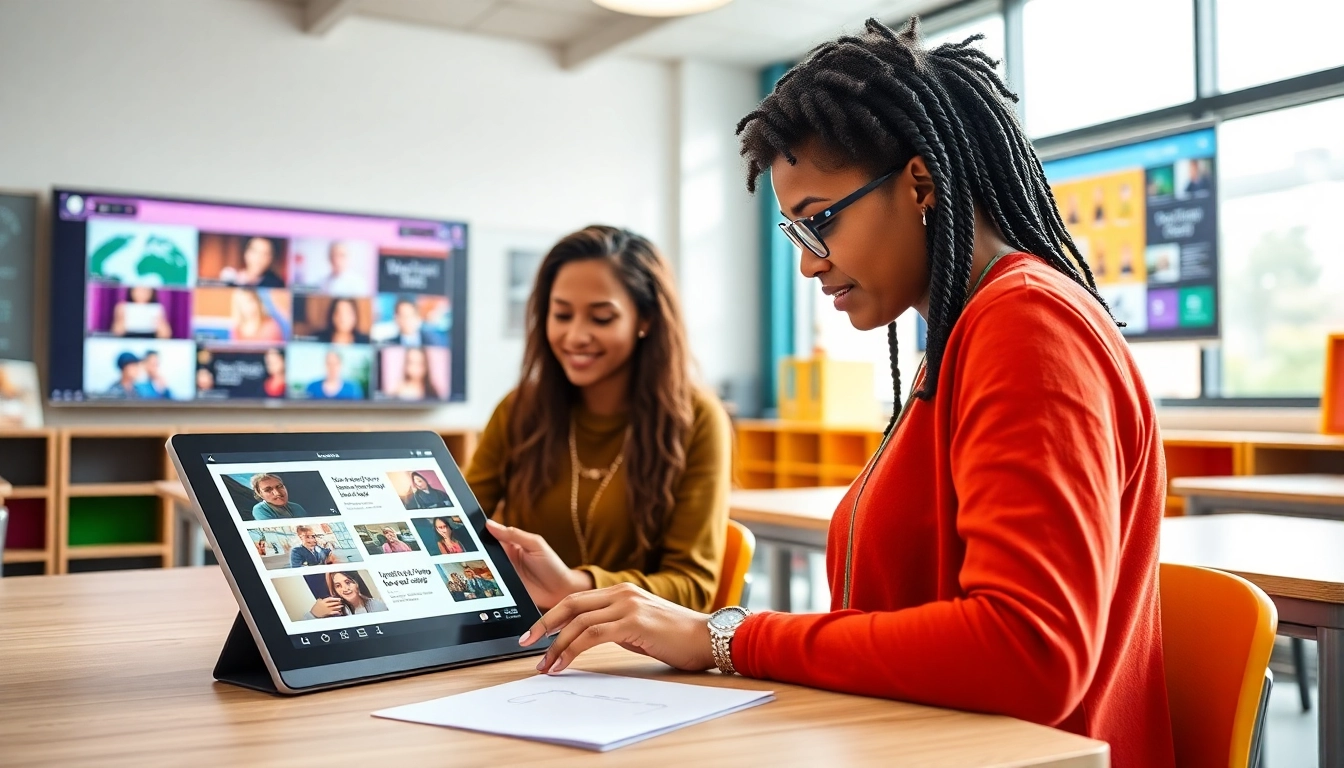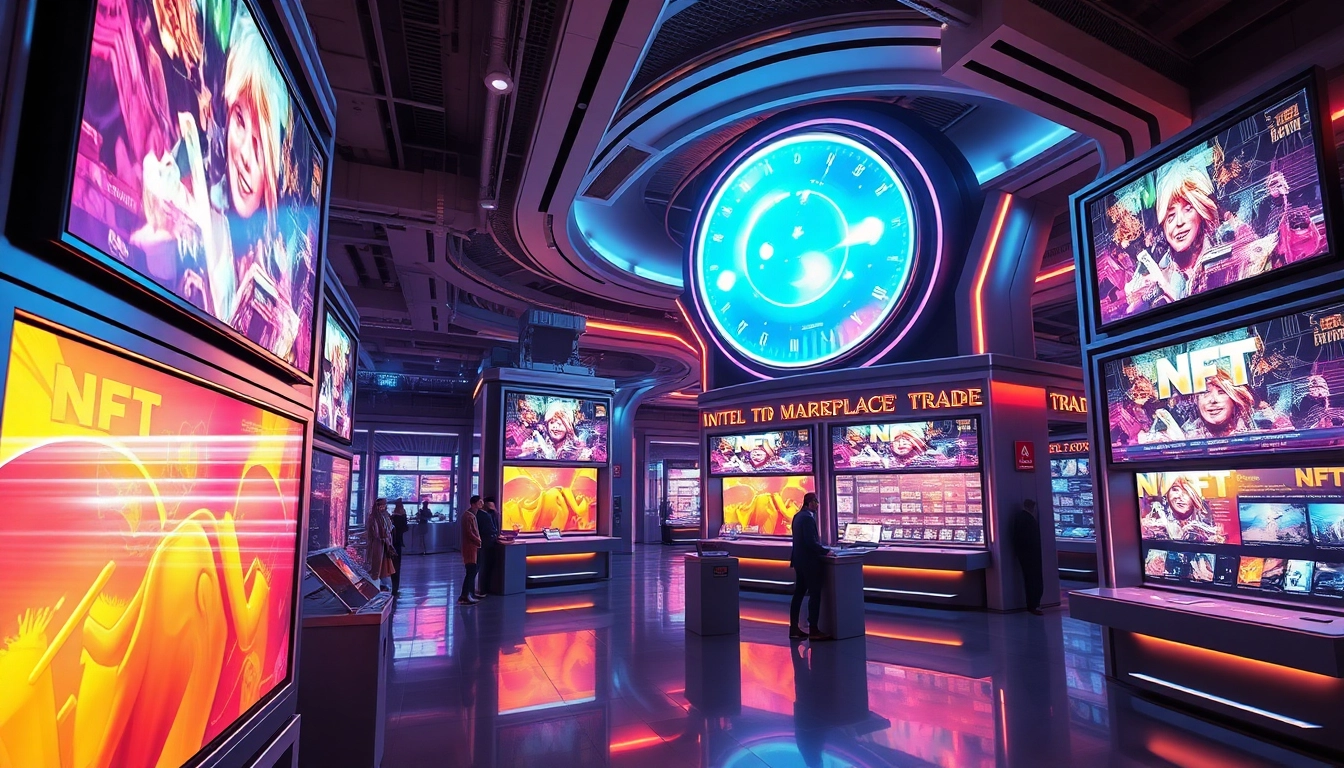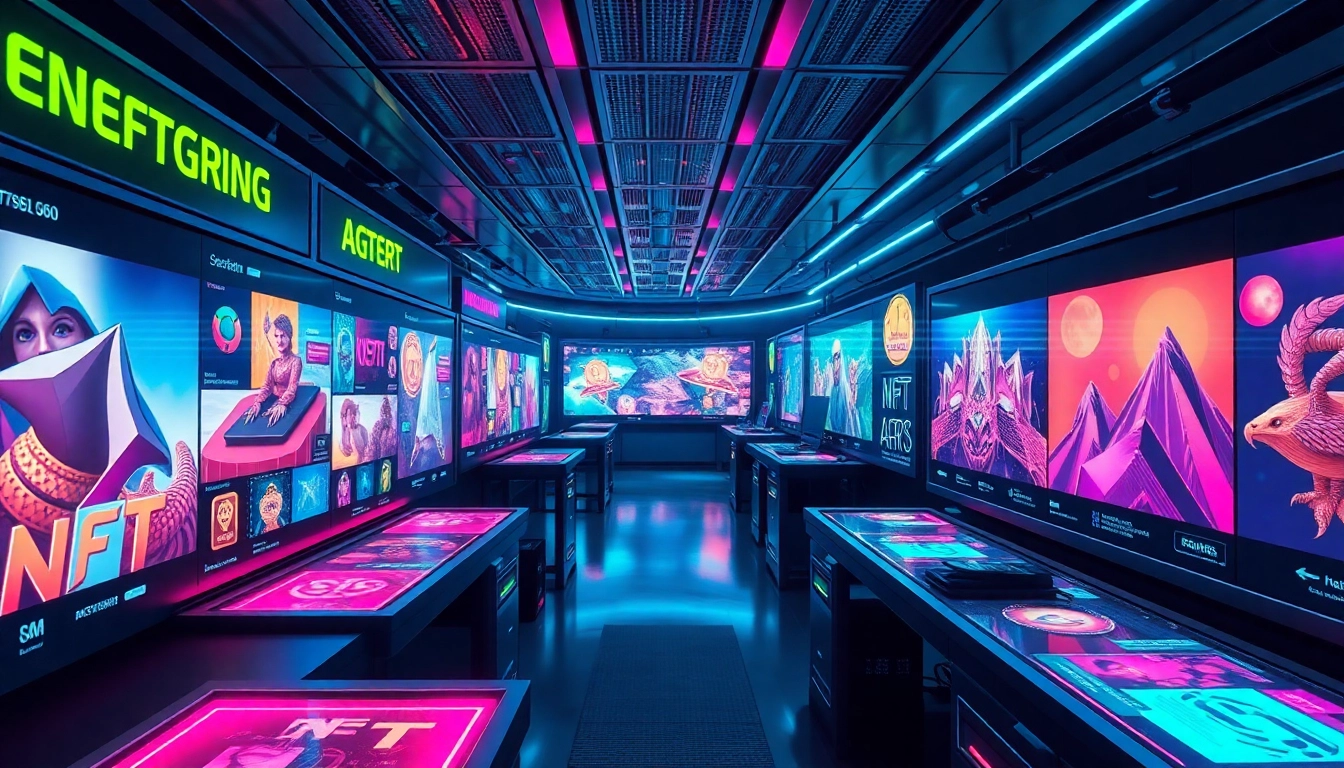Understanding the Role of a Learning Content Creator in Modern Education
Defining a Learning Content Creator and Its Impact
A learning content creator is an individual or team responsible for designing, developing, and delivering educational materials tailored to diverse learner needs. Unlike traditional educators who often rely on static textbooks or lectures, modern learning content creators leverage digital tools and innovative pedagogical approaches to craft engaging, interactive, and highly personalized learning experiences. Their impact extends beyond mere content production; they play a crucial role in shaping student motivation, improving learning outcomes, and fostering a culture of continuous educational innovation.
As education shifts toward digital and hybrid models, the demand for skilled content creators has surged. They craft multimedia lessons, quizzes, assessments, and even gamified learning activities that resonate with digital-native learners. Their work directly influences educational accessibility, allowing institutions to reach a broader audience and customize content at scale. This shift emphasizes the importance of acquiring the right skills and leveraging advanced tools like Mexty to streamline content creation processes efficiently.
Key Skills for Effective Content Creation in Education
Successful learning content creators possess a blend of creative, technical, and pedagogical skills:
- Instructional Design: Understanding how learners assimilate knowledge helps in structuring content that promotes retention and application.
- Multimedia Production: Skills in video editing, graphic design, and audio production enhance content engagement.
- Technological Proficiency: Familiarity with authoring tools, Learning Management Systems (LMS), and SCORM standards for compatibility and scalability.
- Storytelling and Communication: Crafting clear, compelling narratives to captivate various audiences.
- Data Analytics: Using learner feedback and engagement metrics to refine content strategies continually.
Additionally, adaptability and a collaborative mindset are essential, enabling creators to work effectively within communities of educators and technologists.
How Learning Content Creators Transform Student Engagement
Engaged students are more likely to retain information and develop critical thinking skills. Learning content creators achieve this by designing dynamic content that taps into diverse learning modalities—visual, auditory, and kinesthetic. For instance, interactive quizzes, scenario-based activities, and multimedia presentations foster active participation.
Case studies demonstrate that courses incorporating varied media and personalized pathways lead to higher completion rates and improved test scores. Mexty simplifies this process by enabling educators to craft engaging, personalized lessons quickly, ensuring content remains fresh and relevant. Through community sharing and remixing, creators can continuously innovate, meeting learners’ evolving preferences and maintaining their motivation.
Strategies to Develop High-Quality Educational Content Efficiently
Best Practices for Personalization and Differentiation
Personalization is paramount in today’s educational landscape. Learning content creators should tailor content to address learners’ individual needs, preferences, and levels. Strategies include adaptive assessments that identify specific gaps and then generate customized modules, as well as offering multiple learning pathways—videos for visual learners, podcasts for auditory learners, and interactive simulations for kinesthetic students.
Leveraging platforms like Mexty allows for scalable personalization, automating content adjustments based on real-time learner data. This ensures every student receives a tailored experience without increasing workload significantly.
Tools and Technologies for Rapid Content Development
Efficiency in content creation hinges on employing the right tools. Key technologies include:
- Authoring Platforms: Mexty provides a user-friendly environment to build interactive courses swiftly.
- SCORM-Compliant Tools: Ensures content adheres to standards for easy integration into LMSs.
- Multimedia Editing Software: Tools like Adobe Creative Cloud, Camtasia, or Canva for creating visual and audio assets.
- AI and Analytics Tools: To analyze learner engagement and improve content iteratively.
Automating repetitive tasks and utilizing template-based designs significantly reduces development time, enabling content creators to focus on pedagogical quality.
Integrating Multimedia Elements to Enhance Learning
Incorporating videos, infographics, animations, and audio clips enriches learners’ experience and caters to diverse learning styles. For example, animated explainer videos effectively clarify complex concepts, while podcasts provide a flexible way for learners to absorb content passively.
Effective multimedia integration requires careful planning; assets should reinforce learning objectives rather than distract. Mexty supports seamless embedding of multimedia elements, making it easier for creators to produce compelling content that keeps students motivated and attentive.
Building and Leveraging a Creative Community to Amplify Your Content
Collaborating with Educators and Content Designers
Collaboration accelerates innovation and enriches content quality. By working with fellow educators and instructional designers, content creators can share best practices, co-develop modules, and refine pedagogical strategies. Platforms like Mexty foster community engagement, offering spaces where creators can remix existing content or seek peer feedback to enhance their work.
Sharing and Remixing Content for Greater Reach
Remixing involves adapting or combining existing assets to suit new contexts, saving time and expanding creative possibilities. For example, a lesson plan developed for one subject can be modified for another with minor adjustments. Open sharing communities encourage this behavior, amplifying reach and creating a library of reusable assets.
Participating in Educational Content Creation Networks
Engaging with networks and forums connects content creators with broader audiences and resources. Webinars, conferences, and online communities foster collaborations and generate new ideas. Active participation helps keep creators abreast of technological advances and pedagogical trends, ensuring their content remains innovative and relevant.
Implementing Scalable Creative Solutions with Mexty
Creating Interactive, SCORM-Compliant Courses Quickly
Mexty enables educators to develop SCORM-compliant, interactive courses in minutes. SCORM ensures interoperability across LMS platforms, making courses accessible to a wider audience. Templates and drag-and-drop interfaces simplify complex development tasks, allowing rapid deployment without sacrificing quality.
Automating Personalization to Save Time and Resources
Automation tools incorporated into platforms like Mexty optimize content delivery based on learner performance and preferences. For instance, adaptive quizzes can modify difficulty levels dynamically, providing immediate tailored feedback. This reduces the need for manual adjustments and frees up time for content refinement creativity.
Measuring Content Effectiveness and Engagement Metrics
Data analytics are vital for continuous improvement. Metrics such as completion rates, assessment scores, and engagement patterns reveal what works and what doesn’t. Implementing feedback loops allows creators to refine content, improve engagement, and achieve better learning outcomes over time.
Future Trends in Learning Content Creation and How to Stay Ahead
Emerging Technologies Reshaping Educational Content
Advances like AR/VR, AI, and machine learning are revolutionizing how content is created and experienced. Virtual simulations create immersive environments for experiential learning. AI-driven content recommendations and grading systems further personalize the educational journey, making teaching more dynamic and data-informed.
Skills to Future-Proof Your Content Creation Career
Staying ahead requires mastery of emerging tools, continuous learning, and adaptability. Skills in AI integration, data analysis, and immersive technology development will become increasingly vital. Additionally, soft skills like collaboration, creativity, and pedagogical agility will ensure relevance in a rapidly evolving landscape.
Continuous Improvement Through Data-Driven Insights
Leveraging analytic tools to gather insights on learner interactions enables data-driven decisions. Regularly updating content based on feedback promotes engagement and efficacy. Embracing a mindset of ongoing refinement ensures content remains aligned with pedagogical best practices and technological innovations.



